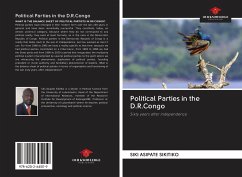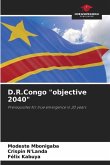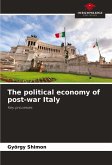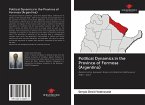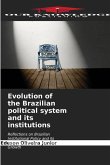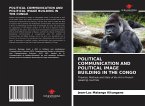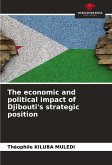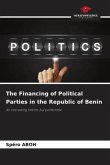WHAT IS THE BALANCE SHEET OF POLITICAL PARTISTS IN DR CONGO? Political parties have emerged in their modern form over the last 150 years in general and have been remarkably successful. They constitute, today, an almost universal category, because where they do not correspond to any political reality, they exist at least formally, as is the case in the Democratic Republic of Congo. Political parties in the Democratic Republic of Congo is a reality that dates back to the eve of independence, but has evolved as best it can. For from 1960 to 1965 we have a reality specific to that time, because we had political parties constituted on a tribal basis, from 1965 to 1990 we had the State party and from 1990 to 2020 a period that inaugurates the multiparty political system characterized by several political parties to the point where we are witnessing the phenomena, duplication of political parties, founding president or moral authority and hereditary phenomenon of leaders. What is the balance sheet of political parties in terms of organization and functioning of the last sixty years after independence?
Hinweis: Dieser Artikel kann nur an eine deutsche Lieferadresse ausgeliefert werden.
Hinweis: Dieser Artikel kann nur an eine deutsche Lieferadresse ausgeliefert werden.

